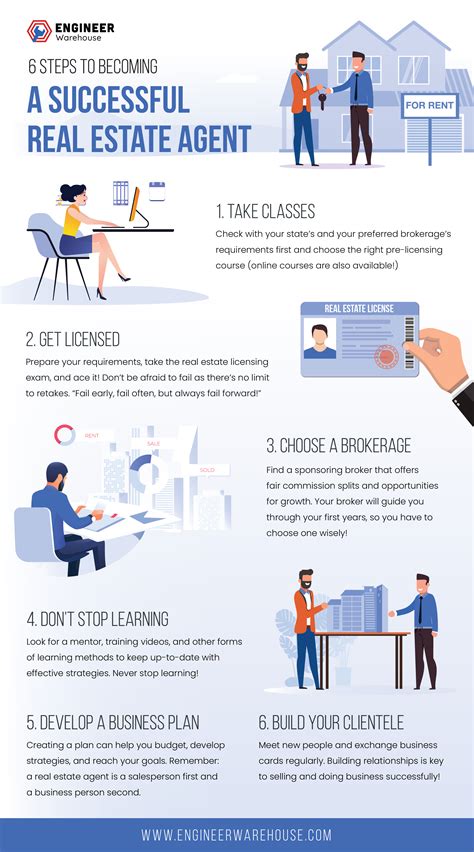How to Start a Real Estate Career at 17: A Young Professional's Guide
The allure of the real estate world—closing deals, building wealth, and shaping communities—often sparks early ambition. But can you realistically launch a real estate career at just 17? The answer is a qualified yes, though it requires strategic planning and a proactive approach. This guide navigates the path, addressing common hurdles and highlighting opportunities for young professionals eager to enter this exciting field.
Can You Be a Real Estate Agent at 17?
This is the most frequently asked question. The simple answer is: no, not directly. Most states require real estate agents to be at least 18 years old. This is due to legal and contractual complexities involved in handling significant financial transactions. However, this doesn't mean your real estate aspirations are stalled.
What Can You Do at 17 to Prepare for a Real Estate Career?
Even before you reach the legal age, you can build a strong foundation for success. Here's how:
- Gain Relevant Experience: While you can't close deals, you can gain valuable experience by assisting established real estate agents. Look for opportunities as an administrative assistant, handling tasks such as data entry, scheduling appointments, or preparing marketing materials. This hands-on experience provides invaluable insight into the daily operations of a real estate agency. Consider reaching out to local agents and offering your services on a volunteer or part-time basis.
- Develop Essential Skills: Real estate demands excellent communication, organizational, and interpersonal skills. Enhance these skills through extracurricular activities, volunteering, or part-time jobs. Mastering time management, prioritizing tasks, and building rapport with diverse individuals are crucial assets.
- Network Strategically: Attend real estate industry events, conferences (where appropriate for your age), and workshops. Networking allows you to connect with professionals, learn about the market, and build relationships that could lead to future opportunities. Use online platforms like LinkedIn to connect with real estate professionals and expand your network.
- Education: Begin researching the requirements for obtaining a real estate license in your state. Some states allow you to begin pre-licensing courses even before reaching the legal age, providing a head start once you turn 18. This demonstrates your commitment and preparation.
- Familiarize Yourself with the Market: Start following local real estate trends, analyzing property listings, and researching market analysis reports. Understanding the dynamics of your local area will prove invaluable in your future career.
How to Get a Real Estate License at 18 (or Older)
Once you reach the legal age, the path to becoming a licensed agent is clear:
- Meet Educational Requirements: Each state has specific educational requirements for real estate licensing. Complete the necessary pre-licensing courses, often covering real estate principles, laws, and practices.
- Pass the State Exam: After completing your pre-licensing education, you'll need to pass a state-specific licensing exam. Thorough preparation is critical for success.
- Apply for a License: Once you pass the exam, submit your application along with all required documentation to your state's real estate commission. This process may involve background checks and fingerprinting.
- Affiliate with a Brokerage: You can't operate as an independent agent; you'll need to affiliate with a licensed real estate brokerage. Research different brokerages and choose one that aligns with your goals and career aspirations.
What Other Roles Can I Explore in Real Estate at a Young Age?
The real estate industry offers diverse roles beyond being a licensed agent. Consider these options:
- Real Estate Assistant: Provide administrative, marketing, or client support to experienced agents.
- Property Manager Assistant: Help manage rental properties, assisting with tenant communication, lease administration, or property maintenance.
- Real Estate Investor (with adult guidance): Under the guidance of a responsible adult, explore small-scale investment opportunities to gain practical experience in property acquisition and management.
Is it Worth Pursuing a Real Estate Career at 17?
Absolutely. Starting early provides a significant advantage. The experience and knowledge gained in your late teens and early twenties will position you ahead of many competitors. Your dedication and proactive approach will build a solid foundation for a successful and fulfilling career in real estate. The industry rewards hard work, dedication, and a keen understanding of market trends, making it a rewarding pursuit for ambitious young professionals.
Remember: Diligence, dedication, and a willingness to learn are key ingredients for success. Start now, and your real estate career will be well on its way.

